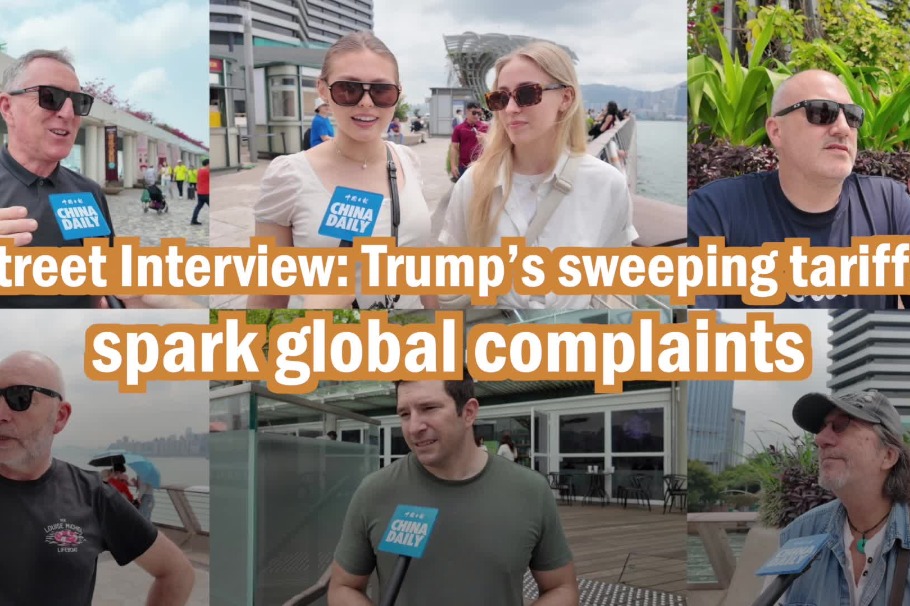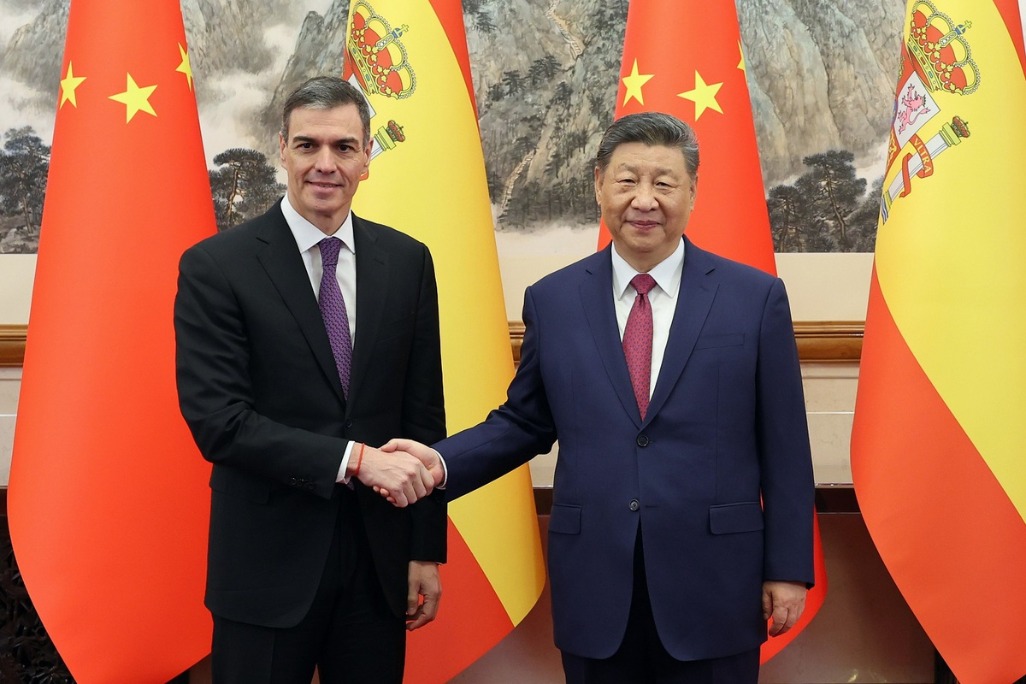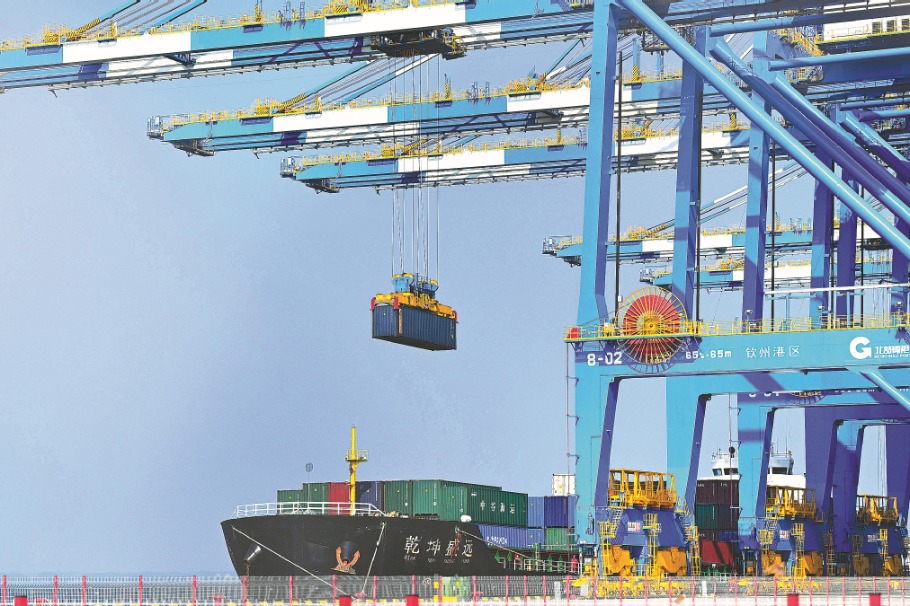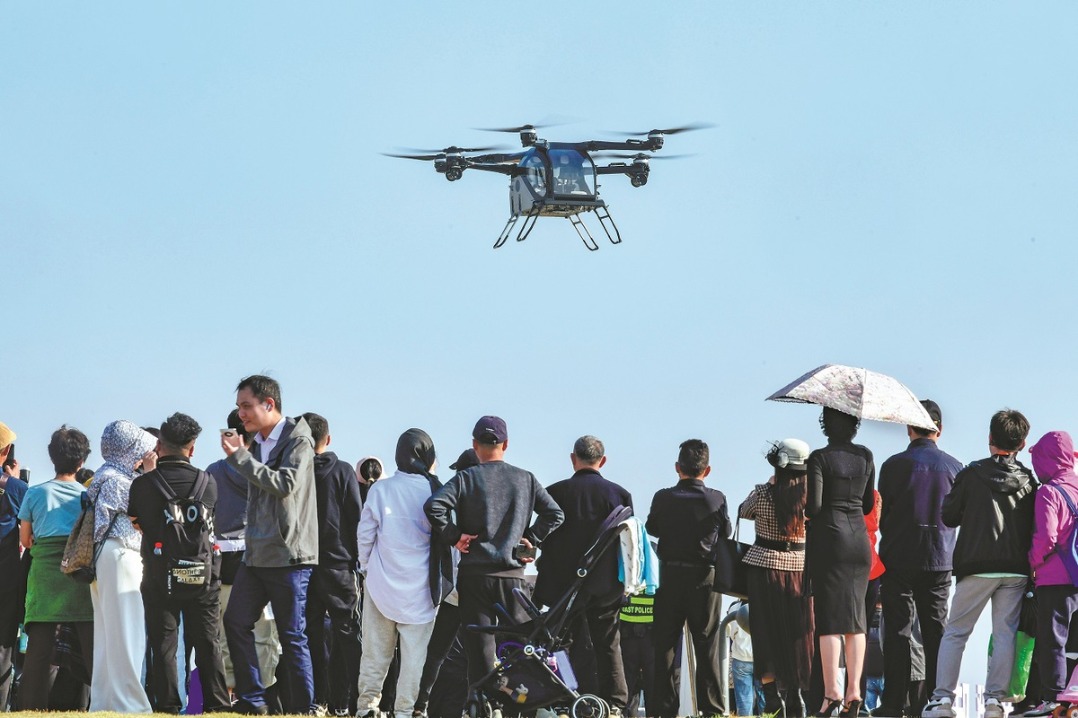Many people in US puzzled by self-inflicted wounds to economy
Fall in investments, specter of job losses, manufacturing uncertainty loom

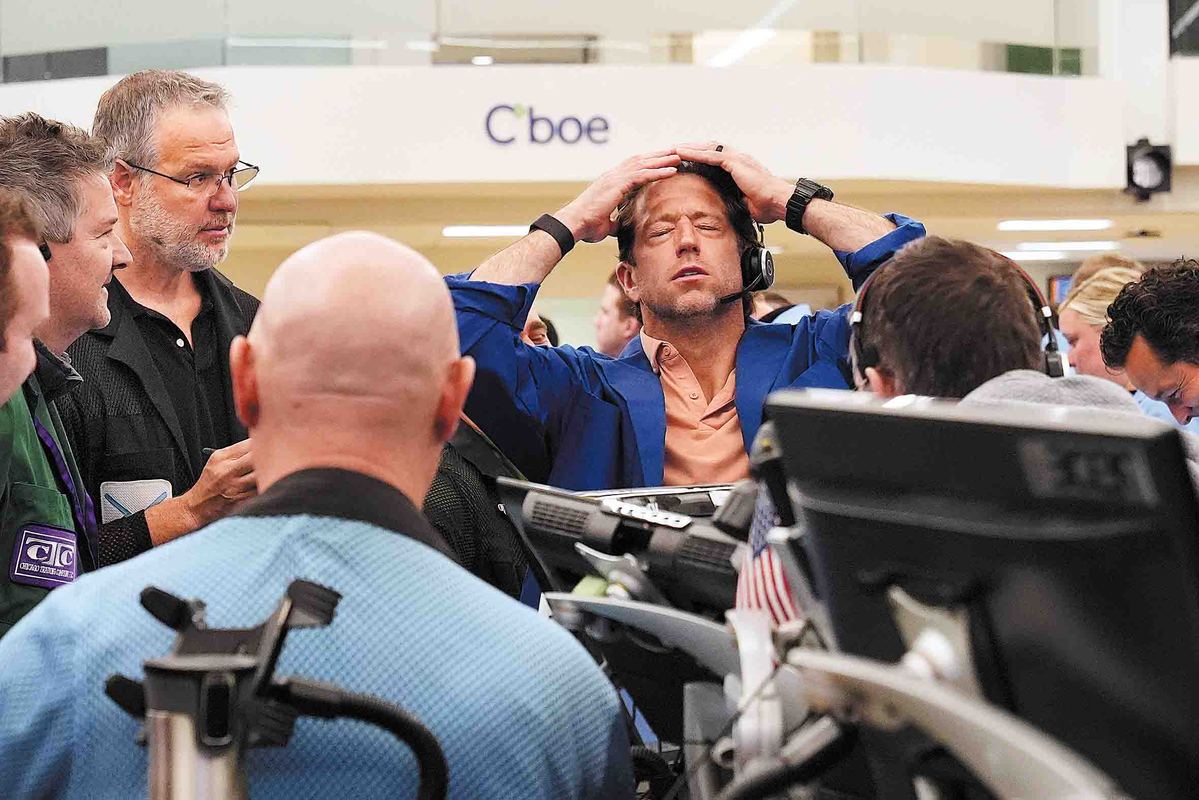
Wayne, an IT worker from Houston, Texas, said he does not need economic experts or the media to tell him how the tariffs will impact him and his family.
"As a family, we lost a large chunk of our total investments including the 401(k) retirement fund in the two days following so-called 'Liberation Day'. Yes, part of my wealth got liberated and is now free of me," said Wayne, who wants to be identified only by his first name.
He didn't want to go into the specifics, but said by the end of Tuesday his loss was almost $500,000.
After US President Donald Trump's April 2 announcement, the US stock market plunged on both Thursday and Friday with the S&P 500 Index down 10.53 percent in the last two sessions and Nasdaq Composite Index diving into the bear market, Xinhua News Agency reported. US markets remained volatile this week, after the White House confirmed plans to move forward with a dramatic increase in tariffs on Chinese goods.
"We were expecting a relatively comfortable retirement in a few years. I am not sure about that given the current situation," Wayne said. "It's not just about what we have lost in the stock market, but more about a future world of an unstable nature."
Having weathered the 2000 internet bubble and the 2008 global financial crisis, Wayne said this time he's more worried, as the tariffs seem to be interrupting the global economic order, and the future seems unpredictable.
"The economic cycles of ups and downs may not apply anymore because this market sink is made by politics, not economic conditions. Can we still realistically expect an economy that will remain on an upward trajectory when we look beyond the current market? I am not feeling confident given other social and political changes occurring both domestically and internationally," he said.
One person who said he voted for Trump posted on social media: "Our 401(k) s are dropping like falling leaves, and we cannot live like this. I am very disappointed with him. If he keeps (up) this behavior, we will be ruined. The only people this won't hurt are the very rich. Trump says it's going well, but I don't see it."
Besides shrinking investments, people in Houston will soon pay more for a cup of coffee.
Cathy Tsai, a roaster of imported coffee beans, said her supplier told her the day after the tariff announcement that coffee bean prices had increased "by a lot".
They had already reached a record high in February, double the price of a year ago, according to industry data. Trump's new tariffs mean Americans will pay even higher prices for a cup of coffee.
"Our coffee beans are primarily from South American countries, and the prices are going up by 20 percent at least," Tsai said.
She said their retail prices usually range between $18 and $24 a pound (450 grams). "With the tariffs-induced price hike, we will have to bump up our prices, perhaps to $20 for our regular beans and to $27 for our specialty beans," she said.
"I will figure out the actual price increase better after I purchase the next batch of supplies."














